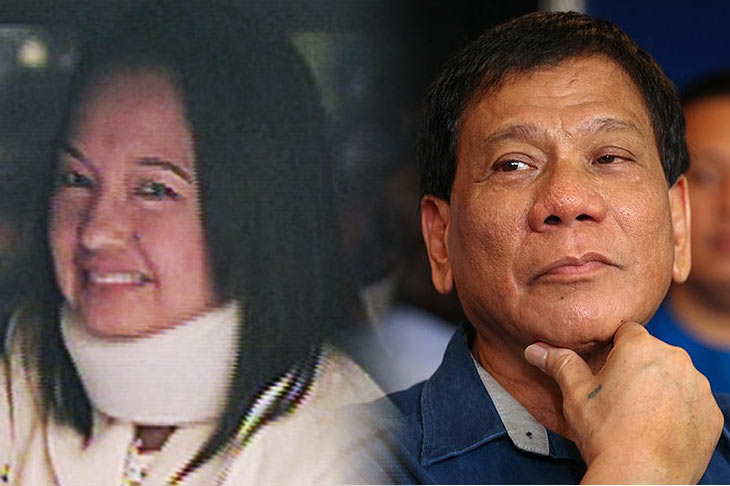Incoming President Rodrigo Duterte got an unlikely ally in the Philippine Congress after former President and now Pampanga Rep. Gloria Macapagal Arroyo vowed to file a bill that seeks to grant the President additional powers to impose drastic traffic reduction measures in Metro Manila which will prevent in billions of economic losses. Rep. Arroyo who is an economist knew that supporting Duterte will increase the country’s savings in various ways.

According to Rep. Arroyo “The current traffic congestion in Metro Manila impedes progress and leads to a situation where billions are lost daily in fuel cost, man hours and opportunities,” said Arroyo, in a proposed bill. Based on the explanatory note of the bill, Rep. Arroyo said that the Duterte administration aims for an annual growth rate of at least seven percent to make a significant dent on poverty.
Rep. Arroyo noted further that one of the ways to speed up growth, she said, is to get infrastructure moving, either by government or by build-operate-transfer or any of its variants. The former President is set to file the bill as one of her 10 priority bills upon the opening of the 17th Congress.
The Special Powers to Duterte bill by Rep. Gloria Macapagal-Arroyo provides President Duterte some powers which includes allowing him to enter into negotiated contracts for the construction, repair, rehabilitation, improvement or maintenance of critical infrastructure, projects and facilities subject to certain conditions.
Duterte would also be authorized, whenever it is necessary for the national welfare and in the public interest, to set a maximum internal rate of return of not more than 12 percent of the house-estimated project cost.
Under the proposed bill of Rep. Arroyo the budget will come from various sources such as the PAGCOR Funds as they are required to 10 percent of its annual aggregate gross earnings for the next five years as a subsidy to MMDA, provided, that such percentage allocation will be based on gross revenue after deducting the 5 percent franchise tax and the 50 percent income share of the national government.
